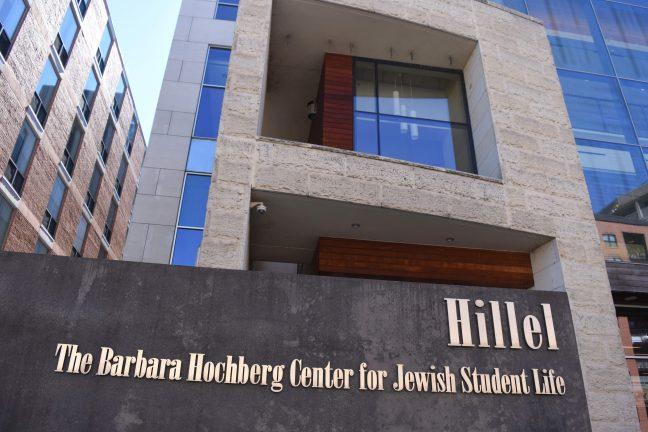Rosh Hashanah, the Jewish celebration of the new year, began Sunday evening.
This year, the two days of Rosh Hashanah start at sundown on the eve of Tishri 1, Sept. 25, and end after the nightfall of Tishri 2, Sept. 27. The holiday is also known as Yom Hadin, or the Day of Judgement, according to My Jewish Learning. According to University of Wisconsin graduate student Tori Budin, the Jewish celebration of the new year will mark the start of the Jewish High Holy days, with Yom Kippur to follow.
The series of days memorialize the creation of the world in the Jewish religion. A main observance of the holiday is the blowing of the shofar, a rams horn, on both mornings of the holiday, according to Chabad.
There are over 5,000 undergraduate and graduate students that are a part of the UW Jewish community, according to Hillel International. To celebrate, many University of Wisconsin students attend services and meals associated with Rosh Hashanah. UW student Talia Lunken said one Rosh Hashanah tradition is the dipping of apples into honey to have a sweet year.
Budin has attended services at the UW Hillel Foundation, which offers both conservative and reform services over the three days, as well as lunch and dinner. Reform services are modern with music and more English, while conservative services are more based on the texts in Hebrew, but still modernized.
After completing her undergraduate degree, Budin continued studying at UW because of the school’s large Jewish community.
“I have met a lot of friends in this supportive community,” Budin said. “There are a lot of opportunities to partake in Rosh Hashanah and the Jewish community on campus.”
According to UW’s Religious Observance policy, UW “seeks to be sensitive to the needs of individual students” and mandates that instructors not schedule mandatory exercises on days when large amounts of students may need to miss class for religious observances like Rosh Hashanah.
Since many Rosh Hashanah services take place during the day, students who observe the holiday often have to skip classes and make up work later, which can make it harder to learn material for classes or be fully present in the celebrations for Rosh Hashanah, Budin said.
“You can’t fully immerse yourself into that day because you’re worrying about all the catch up you have to do,” Budin said.
Other organizations, such as the Chabad Jewish Student Association and the Jewish Experience of Madison, are also offering services on all three days, according to Budin.


